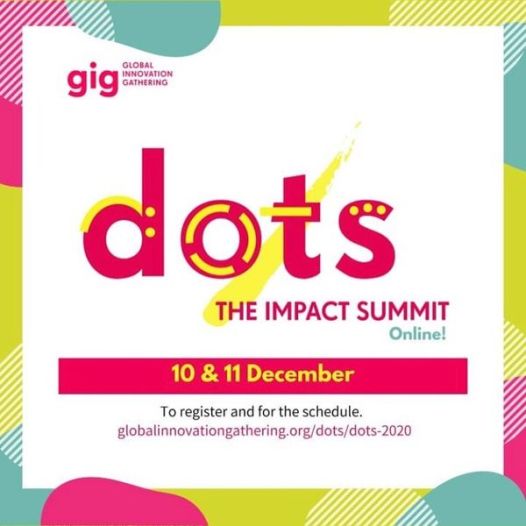Migrant Media Network project launched in Gambia
Article By: Cherno Omar Bobb , Posted on The Point for freedom and democracy Gambia
Migrant Media Network (MMN) project was last Thursday launched in The Gambia. MMN also promotes youth entrepreneurship at home as a way to build economic and social resilience, encouraging youth to create their opportunities and work within their communities.

The project seeks to contribute towards providing credible, reliable, and factual information to potential migrants to make informed choices.
The project is funded by r0g_agency for open culture and critical transformation, a Germany registered NGO that supports sustainable and hybrid forms of cultural innovation and social enterprise in the global south.
Through its flagship programme Migrant Media Network (#MMN), it provides young Africans with reliable information and training on migration issues and social media to make informed decisions and be aware of safer migration options to Europe.
The 15 youth participants, who would become regional coordinators for the #MMN programme in The Gambia went through a 3-day training at National Nutrition Agency (NaNA) conference hall following the launch to equip themselves to organise community outreaches on irregular and regular migration.
Dembo Kambi, Migrant Media Network country coordinator for The Gambia said the project would be operational in West Coast, North Bank, Lower River and Upper River Regions for a start.
He added that this was because a migration survey conducted indicated that those regions are hard hit by irregular migration.
He noted that the project is not condemning people from migrating but to give them choices.
Mr. Kambi described The Gambia as one of the least developed countries globally with young people deeply affected by unemployment.
Peter Narh, Migrant Media Network country coordinator for Ghana said migrants could contribute to peace and development of the continent.
However, he said a lot of people die unnecessarily on the seas and therefore they do not encourage irregular migration.
Mr. Narh said young people have been enslaved because people want to migrate irregularly outside the official channels. He therefore urged young people to take advantage of opportunities in their countries to harness their potentials and do something great for themselves in their countries.
Isabell Blochl, Charge d’ Affairs Germany Embassy in The Gambia said the ‘back-way’ is dangerous, adding that many Gambians have lost their lives trying to cross the Sahara desert and Mediterranean sea.
“Every lost Gambian soul on the ‘back-way’ is one too many”, she stated.
Ms Blochl thanked Gambian stakeholders, rOg agency, Ministry of Youth and Sports as well as participants for embracing the project.
She expressed Germany’s willingness to continue to stay engaged in The Gambia, saying they hope the project will have a positive impact.
Pa Malick Ceesay, National Youth Council deputy executive director said they will always support the cause of young people as well as the project.
He noted that young people have a big role to play towards the development of the nation.
Mr. Ceesay said the issue of migration is everybody’s business, adding that: “it is a fundamental freedom and right to migrate but it has to the done legally to minimise risk”.
He urged advocates to ensure information they share is correct and from the right source for the benefit of young people.
Ousman Fatty, chairman National Youth Council said the project will help tackle migration issues in The Gambia.
He described irregular migrant as a serious issue that has affected over 90 percent of young people.
He urged participants to do their best and surpass Ghana’s success. He also assured them of NYC’s support at all times to ensure the project is a success.











